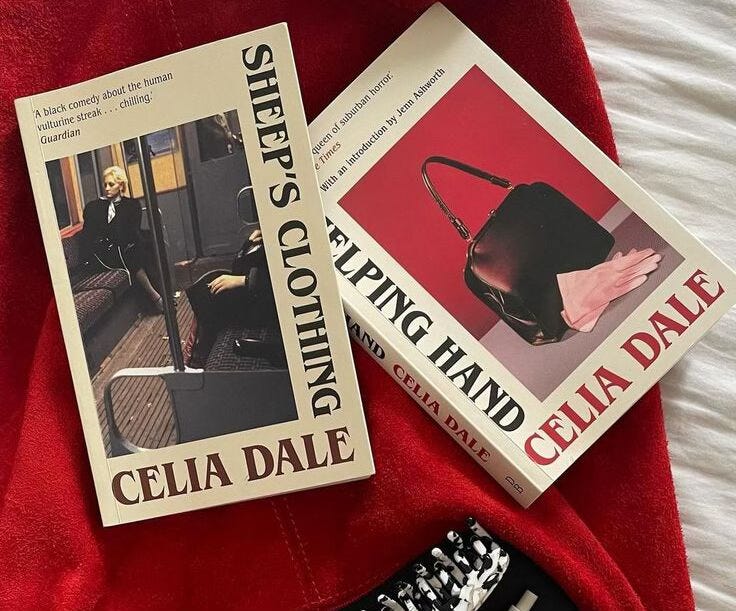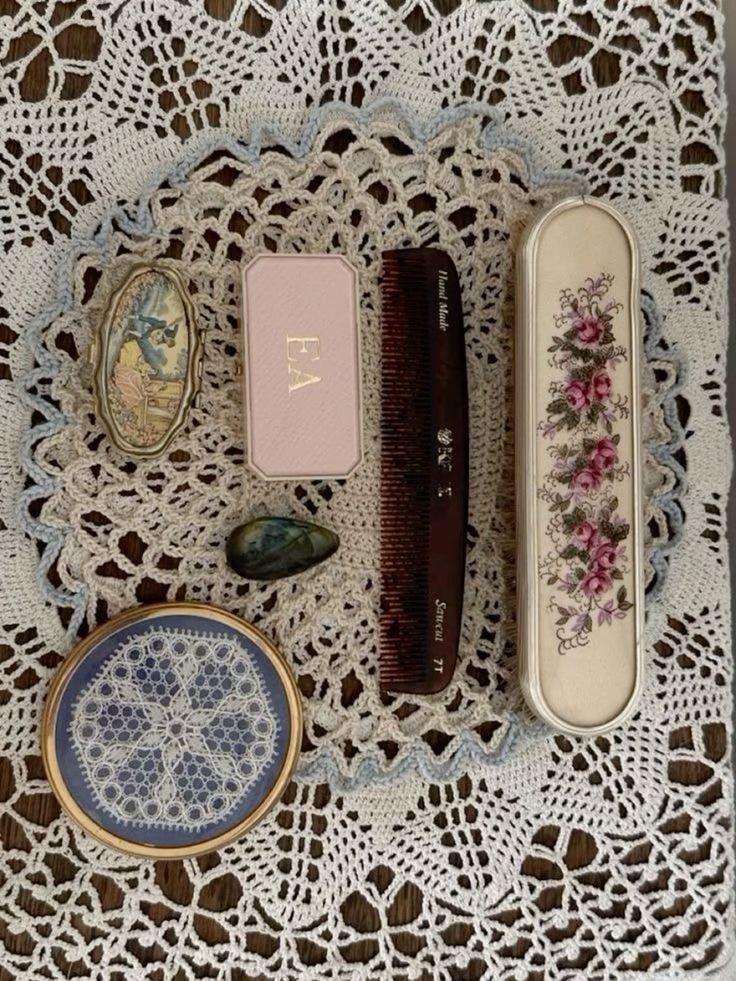you must think.
and i'm tired of everyone not wanting to.
mina ( ) has been fresh meat for literary carnivores due to her dislike of my brilliant friend, but you can read whatever you want.
Glass houses are all the rage it seems.
Everyone has had their go at the “anti-intellectualism” discourse running its tired course on BookTok. I disengaged once people started claiming elitism and using the romance genre as the center of the argument.
I think a lot of people aren’t sure of what anti-intellectualism is. In the dictionary it’s defined as the following:
: opposing or hostile to intellectuals or to an intellectual view or approach.
But I don’t want to spend time hammering out the perfect definition. Instead, I want to bring up what’s really been bothering me as I see think-piece after think-piece on the “decline” of media. And that’s the idea of people wanting to indulge in escapism and “not wanting to think”.
I was speaking to a friend the other day and expressed to her that I was tired of people straw-manning the points creator Celine ( bookishwithb ) had made with her discussion of the mischaracterization of media and the rising refusal to critique and engage with the themes of media, as well as the demonization of negative book reviews.
Many people in her comments made the insistent argument that she was being condescending and ostracizing readers, more specifically romance readers. They told her to kill herself over the imagined slight and shame she had extended toward avid romance enjoyers, claiming that she was trashing the genre and asking them to get a doctorate in literature before speaking their minds.
I am usually slow to anger, but scrolling through her comments proved a perfect way to exacerbate the flame. So many people had come together to condemn her, completely missing the point of her argument and deciding to engage with the idea that she told millions of people not only to discard modern-day literature but that you cannot read what you want.
And I’m not sure if it’s because of mercury retrograde passing and my Scorpio mercury feeling unstifled and sharp-tongued, but I can’t help but laugh because they are proving her exact point.
What frustrates me is two-fold.
On one hand, it’s this: yes, you cannot engage. You can’t even begin to watch a video and apply nuance, let alone watch it multiple times to receive the message and begin to break down an argument.
I interpreted Celine’s argument as a commentary on the very real idea that the marketing tactics of many modern-day books have diluted the way literature is discussed and criticized. People are now calling Lolita a “forbidden romance” to draw readers to classics, without thinking about the implications of simplifying the book’s content.
We’ve seen the disaster that is It Ends With Us (2024) and the corresponding publicity run, which has led to the cancellation of Blake Lively. Even with that, no one is looking at the bigger picture.
Though I’m not a fan of Lively at all (she got married on a plantation and had a “preserve the South” movement on Instagram), I do feel for her in the sense that she is marking the movie exactly how the author herself has marketed her book.
Colleen Hoover has always marketed this novel as a love story with a quirky, loveable Jessica Day-esque heroine and even released both a coloring book and nail polish as merchandise for it. For a novel about domestic violence. Blake was doing the job Hoover, every bookstore I’ve walked into, and every Bookstagram/Booktok has done.
And I find it odd that no one has questioned this or put Justin Baldoni underneath the spotlight for even choosing this novel as his proclaimed “baby” and pet project aiming to highlight domestic violence on the big screen. He could’ve selected any other novel.
But again, circling back to Celine, it is because of the rising demand for simple literature and putting escapism over properly engaging with the media you're consuming.
Another good example of this is R.F. Kuang’s The Poppy War, one of the most beautiful and well-written mediations on cycles of colonization and its violence. While she utilizes character relationships—one of which is romantic—I often see white readers engage with only the romance in the series instead of the overarching message she attempts to deliver through the character arc of Fang Runin.
I was unsurprised at the backlash over her novel Babel, delivered mainly by white readers who were taken aback at her scathing criticisms over (once again) colonization and the elitism in academia which has always rooted itself in racism.
Kuang has never shied away from putting her beliefs and identity in her books, but it was easier to ignore previously when you could avoid engaging with anything you were reading by prioritizing only the tragic romance of Rin and Nezha.
People seem not to understand that it is a privilege to claim that you don’t want “heavier topics” and that you aim to “escape” when you read. This can actually be detrimental and put certain books on the back burner of being pushed for publication, especially those focusing on marginalized communities or written by marginalized authors.
Even in the case of romance, not everyone just wants “spice” and it doesn’t automatically make someone misogynistic or an elitist.
A user on a response video said that essentially they felt frustrated with the romance community because they seemed to assume that everyone who was a romance reader read mainly for sex scenes.
They said that they were tired of the reliance on tropes and lack of plot, only kept together by sometimes unnecessary sex scenes, and commented on how sex scenes now are often written to be sensational and not sensual, with the idea of going viral via someone’s TikTok video or Instagram reel.
And I agree. I’m an avid romance reader down to curating playlists to immerse myself in the growing affection between characters. But part of what makes it so good for me is being able to analyze behaviors, the backstory, and the themes the author puts into their work. I love being able to interpret parts of the character that have been left blank for my projections. I love getting online, reading someone’s 3 am Tumblr dissertation, and having my perspective challenged and changed.
I love reading the negative, nuanced reviews on Goodreads that help me consider authorial choices I may not have picked up on and I like seeing why it fell flat for that person.
I like to think.
And I’m tired of the lack of thought being promoted constantly, to the point where Mina Le—someone who has given me such intense joy in my life through her content—can’t even (kindly!!) say that she didn’t enjoy a popular novel without having thirty stitches made in response and being told that she’s stupid, wrong, or plainly “looking down” on other readers.
You must think, you must engage. You cannot escape all the time. Criticism has been what makes literature literature. Criticism has been what makes art, film, and music what it is.
Maybe I’m generalizing as an author myself, but I create to stimulate conversation. I like to think other creatives do too. There is nothing more I’m looking forward to than connecting with my readers and taking in what people loved, hated, or felt nothing about.
And yes, there is fear there too. Fear that they will slap a cutesy, cartoon cover on my novel and reduce it to its perceived tropes. I’m terrified that my dark-skinned main character will be given light-skinned face claims in those book edits I have saved.
I‘m afraid that people won’t understand that my identity as a black woman will always intersect with my work and I can’t escape that. My thoughts, the things I love on some level will always be a part of what I put out into the world.
It’s like that quote about film and how every object in a shot is intentional, nothing is left to chance.
I’m tired of people grasping at words written in smoke and being surprised when they disperse. Celine did not berate you. Mina did not personally hurt you.
The whole point is that we should be able to have this discussion without accusing one another of a lack of intelligence or having a desire to gatekeep reading (which I know sounds ironic given the pointed and accusatory language of this piece).
If you want to float through the world without having to analyze anything you read, that’s fine. That’s perfectly okay and well within your rights.
But stop condemning people who do.






love this piece and agree with everything you said! I’ve been seeing this discourse for a while now on booktok and I am quite passionate about it 😅 I hate that readers who engage critically with books are seen as people who “don’t have fun” or are “just trying to be different”. this whole “I turn my brain off” sentiment for reading has really affected the sphere of critiquing books. nothing is above criticism and I hope that these criticisms are normalized in the future (even tho they should be normalized now lol)
yes!!!!!!! omg I can't stand the anti intellectualism wave that's going on rn. this belief that critical thinking "ruins" the entertainment of a piece of media is so ????? like what are these people even fixating on if they can't tell you anything beyond the surface level?!?! just say you are into abuse apologia with your chest bc 95% of the time that's what is being defended 🙄 and for people who claim to love the genre or the medium or whatever, it feels really dismissive to the people creating the content when the anti intellectuals are handwaiving away people's analysis and/or critiques with "it's not that deep" like..... no, 99% of the time it is, they just want to turn their brains off and admitting the truth makes them feel guilty, so they have to badger everyone else to shut up or their escapism is no longer escapism bc it being escapism relies on their ignorance. AHHHHHHHHHH this is why I can't do fandom even tho my autistic ass does nothing but fixate on media whshdhdydhf
also omfg thank you for bringing up Baldoni when talking about It Ends With Us, I cannot rmbr what started it, but I have been wanting to fight that man for like a decade now.